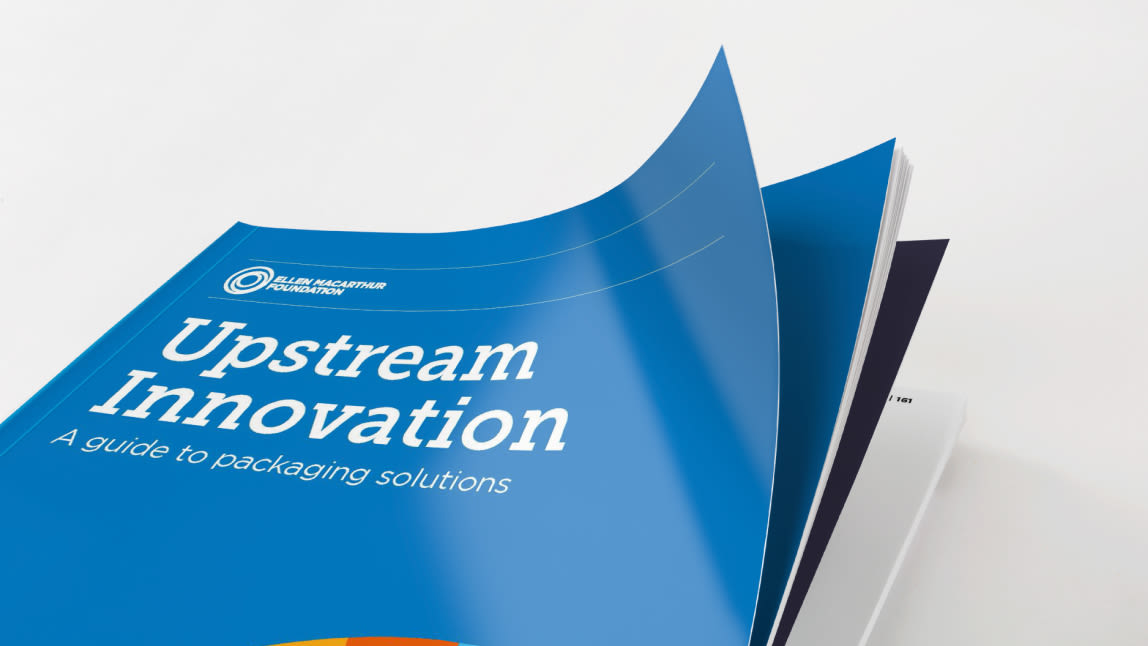In certain contexts, substitution from plastic to paper appears to be a relevant strategy for flexibles and could result in higher recycling rates compared to plastics and allow for synergies with food compostingcompostingMicrobial breakdown of organic matter in the presence of oxygen. systems. Paper-based flexibles potentially also have a reduced persistence in the environment compared to plastic flexibles (although this is of course not a long-term solution). This strategy, with existing technology, has been estimated to be applicable for ∼15% of plastic flexibles. However, significant sourcing challenges mean substitution to paper-based flexibles must be very carefully considered.
If pursuing a paper substitution strategy for flexibles, a strategy based on reduction, virgin reduction and regenerative sourcing needs to be put in place — and not just across an organisation’s paper-based flexibles portfolio, but across an organisation’s entire paper-based packaging portfolio. This is to ensure that substitution of flexibles does not contribute towards growing the global demand for virgin wood.
Please see page 5 for the key actions.










